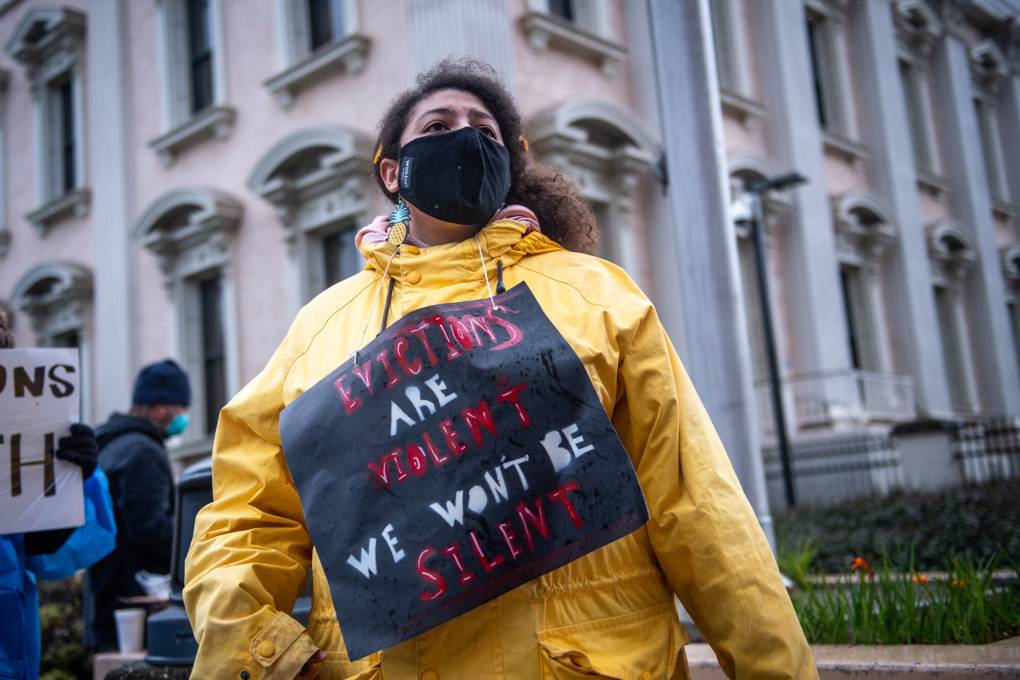You have the ability to challenge the eviction order in court: After receiving the eviction notice from your landlord, you have 10 days to file a response with your county’s court. With this form, you can explain the circumstances of your lease and any issues that have come up with your landlord in the past, and a judge will then hold an eviction trial to decide whether you have to leave your home. Learn more about how to respond to an eviction notice.
If you do decide to go to court, legal experts recommend having receipts and documentation ready to prove that you have been paying rent to live in your home and for how long.
I am undocumented. Is my immigration status a problem when renting?
In 2017, California lawmakers approved AB 291, which makes it illegal for a landlord to threaten undocumented tenants with reporting them to immigration authorities. Immigration advocates have pointed out for years that undocumented immigrants are especially vulnerable to neglect and abuse from their landlords, who may threaten them with contacting law enforcement if they speak up about needed repairs or an unlawful eviction.
“Regardless of whether you’re documented or not, there’s no difference: We all have the same housing rights,” Simon-Weisberg said. “If a landlord is discriminating against you based on your immigration status, that’s illegal.”
A court could fine a landlord up to $2,000 for violating this law.
How can I effectively talk to my landlord about this stuff — particularly if they’re family?
Yes, it could feel strange or even uncomfortable bringing up all this legal talk, especially if your landlord is a friend or family member.
But it’s important to find a balance between seeing this person as someone you know and someone you have a business relationship with, Simon-Weisberg said. “Whether you’re related to the person or not, one person owns it, and one person’s renting,” she said.
One issue she’s seen over the years is tenants disagreeing with their landlord over what’s actually included in the lease. She recommends sending your landlord an email or a text message after an important conversation that summarizes what the two of you agreed on.
“Don’t take it for granted that you are renting from somebody you know,” she said. “If you are working for a friend, you still want to do all the things that you normally would do because it doesn’t protect you that they’re a friend, necessarily.”
While you have the right to ask your landlord to stay out of your bedroom or provide necessary repairs, “it’s understandable that tenants feel nervous,” Prochovnick said. “There’s a power dynamic between landlords and tenants.”
“We all need shelter, and we don’t want to put that at risk by pushing back,” she said, but “our legal rights are only as strong as we’re willing to argue for them.”
These conversations don’t have to be arguments either, she said, pointing out that many community groups in California offer mediation services between landlords and tenants. “That might be something for people in these situations to try instead of ending up in court fighting each other, especially if they’re family members, and they want to preserve what was once a good relationship,” she said.





